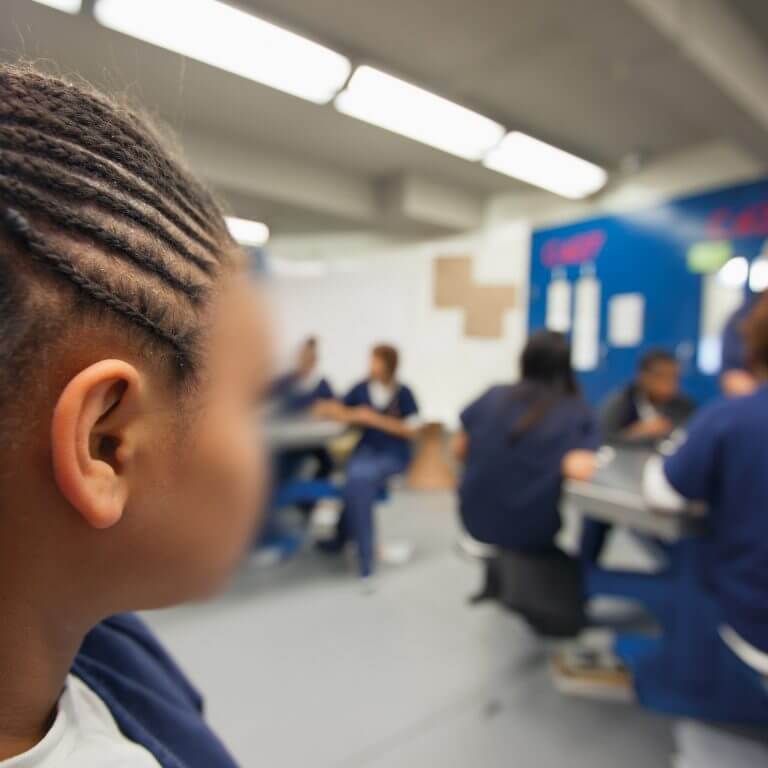The Challenge
In recent years, girls have become the fastest-growing segment of the juvenile justice population. Girls have distinct and often more serious medical needs than their male counterparts, such as reproductive health issues as well as higher rates of sexual abuse, trauma-induced depression, self-mutilation, and substance abuse. Because most detention facilities have more experience working with male youth, they lack the tools necessary to assess and treat the health needs of the girls in their care.
The Project
Through her Stoneleigh Fellowship, Leslie Acoca piloted the Girls Health Screen (GHS), the nation’s first evidence-based medical screen designed exclusively for girls ages 11-17 in the juvenile justice system. The GHS helps juvenile correctional facilities identify, prioritize, and address the physical and mental health needs of girls entering their care. Providing appropriate medical care not only improves the overall health of these girls but also reduces their likelihood of re-offending and re-entering the system.
The GHS was validated in three sites across the U.S.: Philadelphia, PA; San Diego, CA; and Santa Cruz, CA. The screen is now part of the standard medical intake for all girls entering the Los Angeles County juvenile justice system, which serves approximately 1,600 girls annually. In addition, Leslie established the National Girls Health & Justice Institute (GHJI) to serve as a repository for data and information on the health characteristics and needs of girls in the juvenile justice system and to provide technical assistance to other sites implementing and monitoring the GHS. The GHJI has also contracted with San Joaquin County, CA to begin implementation of the screen and is working with five additional California counties and several other communities in order to reach as many vulnerable girls as possible.

